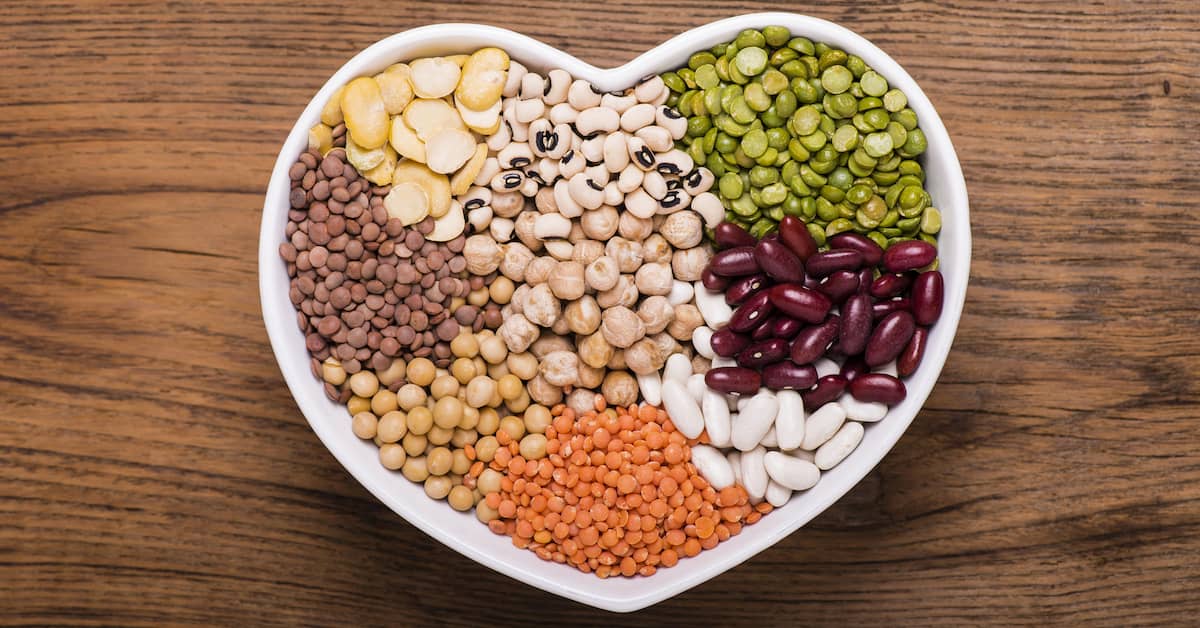
According to a study on longevity, changing the foods you consume everyday can make a big difference in how long you can expect to live – a ten-year difference for some people.
When I saw this study, I wondered how many people would be willing to make the simple changes in diet that this research shows can make a big difference in life expectancy. Especially when you consider that making these alterations doesn’t mean depriving yourself of tasty food. It only requires being more conscious about your food choices. Let’s take a closer look…
Even though I understand that what we eat is crucial for our health, it still shocks me to think about the 11 million people who scientists say die each year because of their diet. And scientists who quantify these types of statistics say that adds up to around 255 million disability-adjusted life-years annually.1 (Disability-adjusted life-years are used to total the years lost due to both premature death and physical disability.)
So, what happens to disability-adjusted life-years when you change your diet for the better?
Eating Healthier Linked to Longer Life
The most recent study in Norway that looked at these food-linked deaths and disabilities shows that, generally, if younger adults ate more legumes (beans, lentils, etc.), whole grains and nuts while cutting back on red and processed meat and processed grains (like white bread) they could boost their life expectancy by a whopping ten years.Added into those results, the study shows, eating more fish, fruits and vegetables also helps extend expected longevity.2 Older adults who make this kind of dietary switch might not gain a full ten years, but they’d still get a substantial amount of extra time to be alive and, even more important in my opinion, live in good health.
This latest study used data analyses and statistics from research called the Global Burden of Diseases to create a longevity calculator that reviews food choices and translates them into life expectancy.
The statistical estimates from the study outline the results of making these positive dietary changes at a variety of different ages, such as:
- For a 20-year-old woman, she can gain an extra 10.7 years of life expectancy.
- For a 20-year-old man, he gains an average of thirteen years of life expectancy.
- For a 60-year-old-woman, she gains an average of eight years of life expectancy.
- For a 60-year-old man, he gains an average of 8.8 years of life expectancy.
- For 80-year-old men and women, they both gain an average of 3.4 years of life expectancy.
Life-Giving Changes in Meals and Snacks
The researchers who conducted this most recent study explained the increase in life expectancy, saying, “Understanding the relative health potential of different food groups could enable people to make feasible and significant health gains. The Food4HealthyLife calculator could be a useful tool for clinicians, policy makers, and lay-people to understand the health impact of dietary choices.”Other research on how diet can improve longevity supports the recommendations to:
- Eat more legumes – Studies on eating more beans, lentils, soy, and other legumes show that they may lower the risk of heart disease and are linked to living longer.4
- Eat more fish, particularly small fish like sardines – Research demonstrates that eating fish (but not fried fish) may reduce your chances of developing type-2 diabetes.
- Eat more fruits and vegetables like apples and tomatoes – Fruits and vegetables possess nutrients that help your lungs resist the aging process more effectively, not to mention the rest of your body.5
My Takeaway
As you can see, one of the most reliable tools for living longer and healthier is to eat real food, not the overly processed, packaged items concocted by food companies to boost their bottom lines.It’s not complicated—just eat foods in as close to their natural state as possible. What’s more, it doesn’t require sacrificing satisfaction or enjoyment you get from food. In fact, you may find you enjoy your meals even more when you become a little more conscientious about what’s on your plate at mealtime. One thing's for sure, the health benefits will be worth it.
